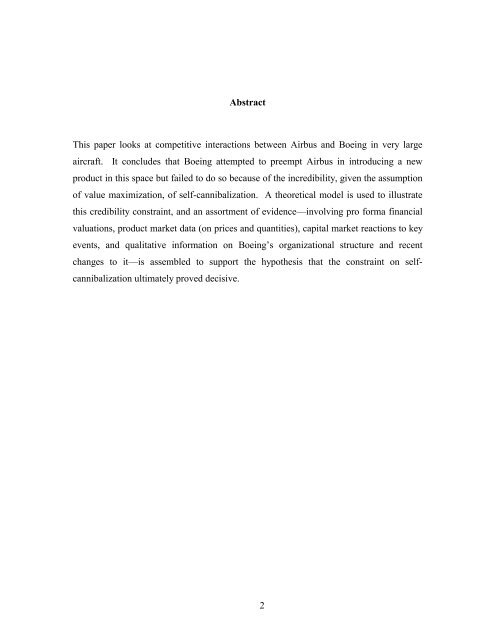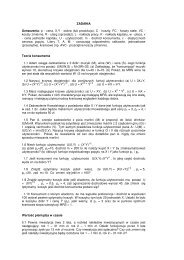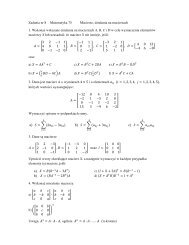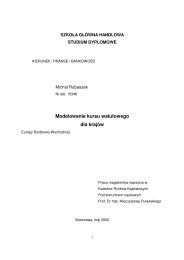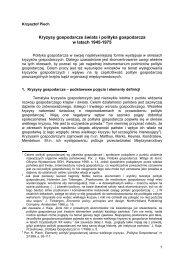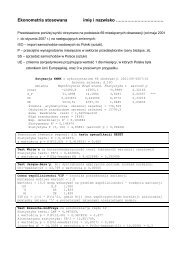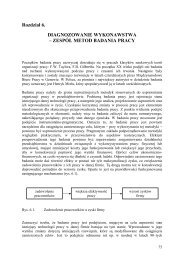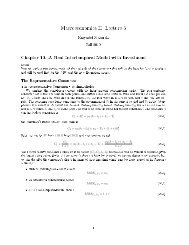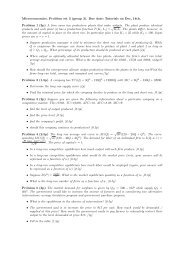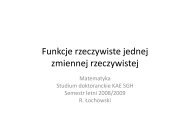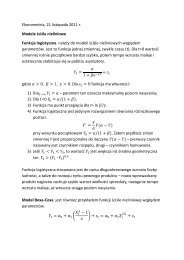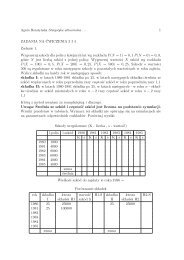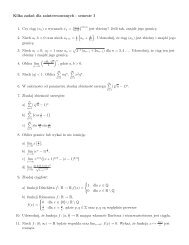“Airbus vs. Boeing in Super Jumbos: A Case of Failed Preemptionâ€Â
“Airbus vs. Boeing in Super Jumbos: A Case of Failed Preemptionâ€Â
“Airbus vs. Boeing in Super Jumbos: A Case of Failed Preemptionâ€Â
Create successful ePaper yourself
Turn your PDF publications into a flip-book with our unique Google optimized e-Paper software.
AbstractThis paper looks at competitive <strong>in</strong>teractions between Airbus and <strong>Boe<strong>in</strong>g</strong> <strong>in</strong> very largeaircraft. It concludes that <strong>Boe<strong>in</strong>g</strong> attempted to preempt Airbus <strong>in</strong> <strong>in</strong>troduc<strong>in</strong>g a newproduct <strong>in</strong> this space but failed to do so because <strong>of</strong> the <strong>in</strong>credibility, given the assumption<strong>of</strong> value maximization, <strong>of</strong> self-cannibalization. A theoretical model is used to illustratethis credibility constra<strong>in</strong>t, and an assortment <strong>of</strong> evidence—<strong>in</strong>volv<strong>in</strong>g pro forma f<strong>in</strong>ancialvaluations, product market data (on prices and quantities), capital market reactions to keyevents, and qualitative <strong>in</strong>formation on <strong>Boe<strong>in</strong>g</strong>’s organizational structure and recentchanges to it—is assembled to support the hypothesis that the constra<strong>in</strong>t on selfcannibalizationultimately proved decisive.2


